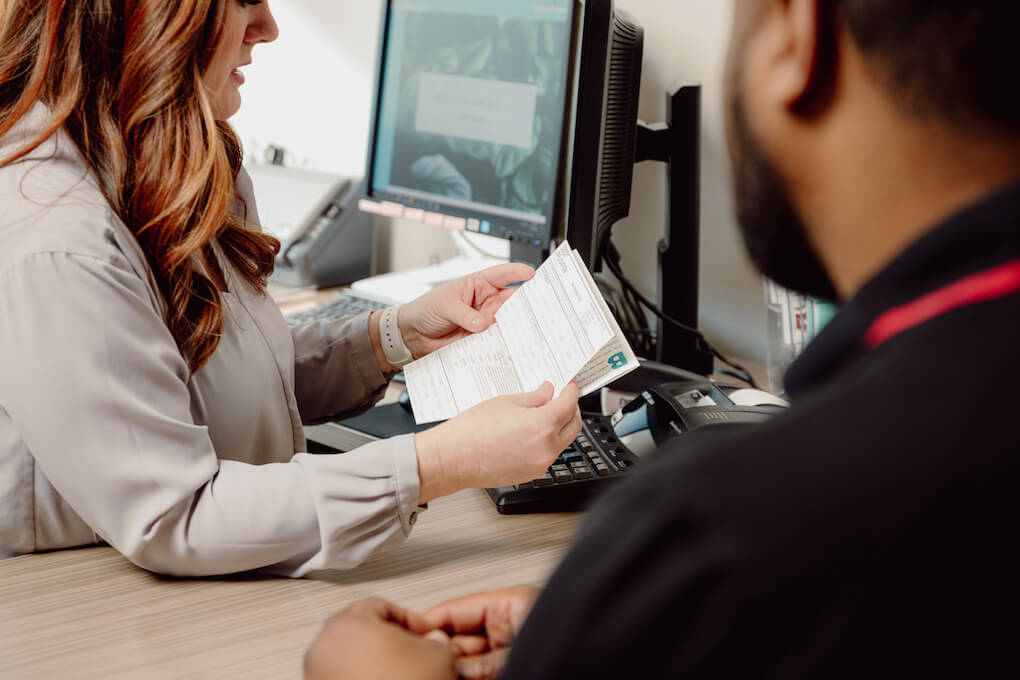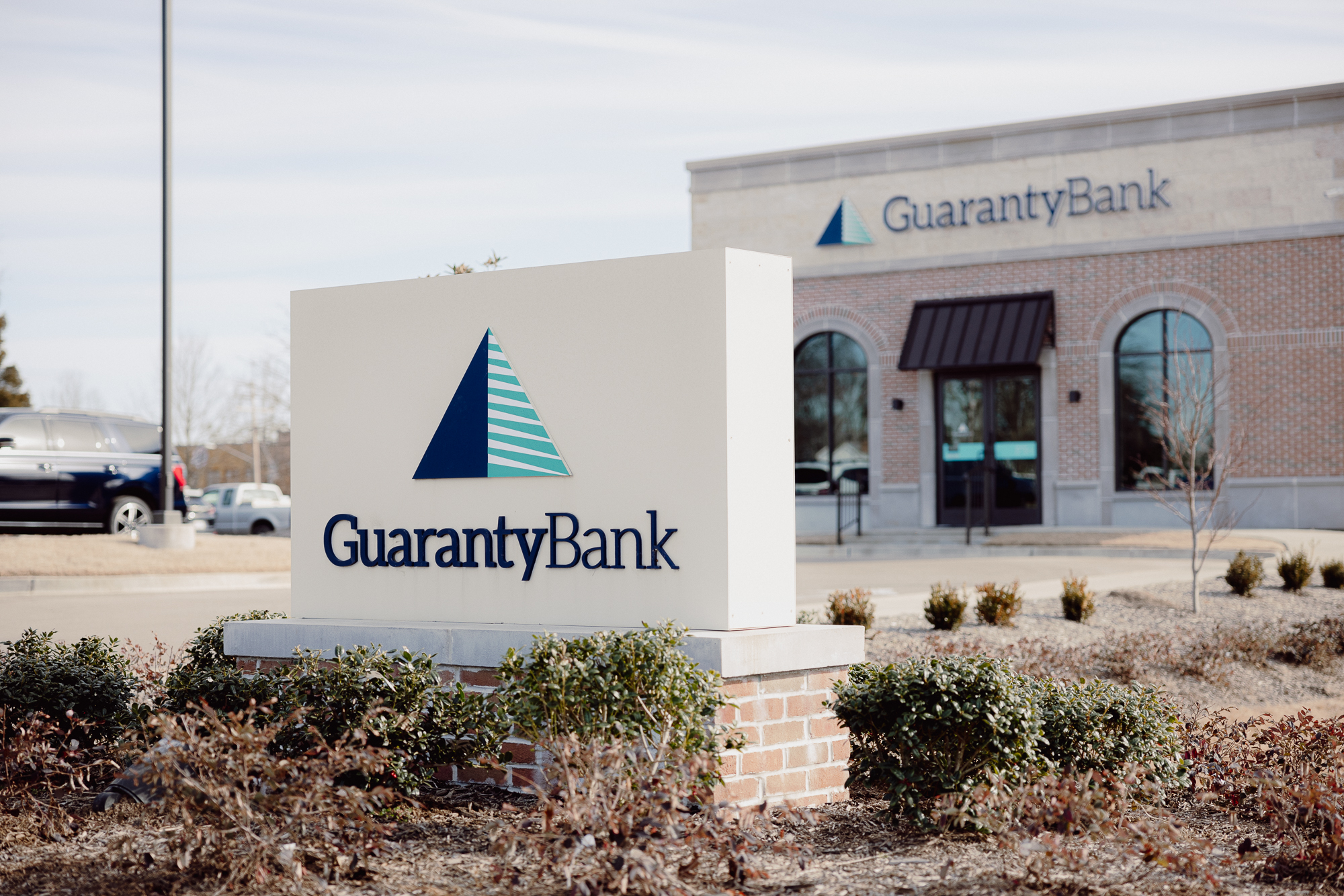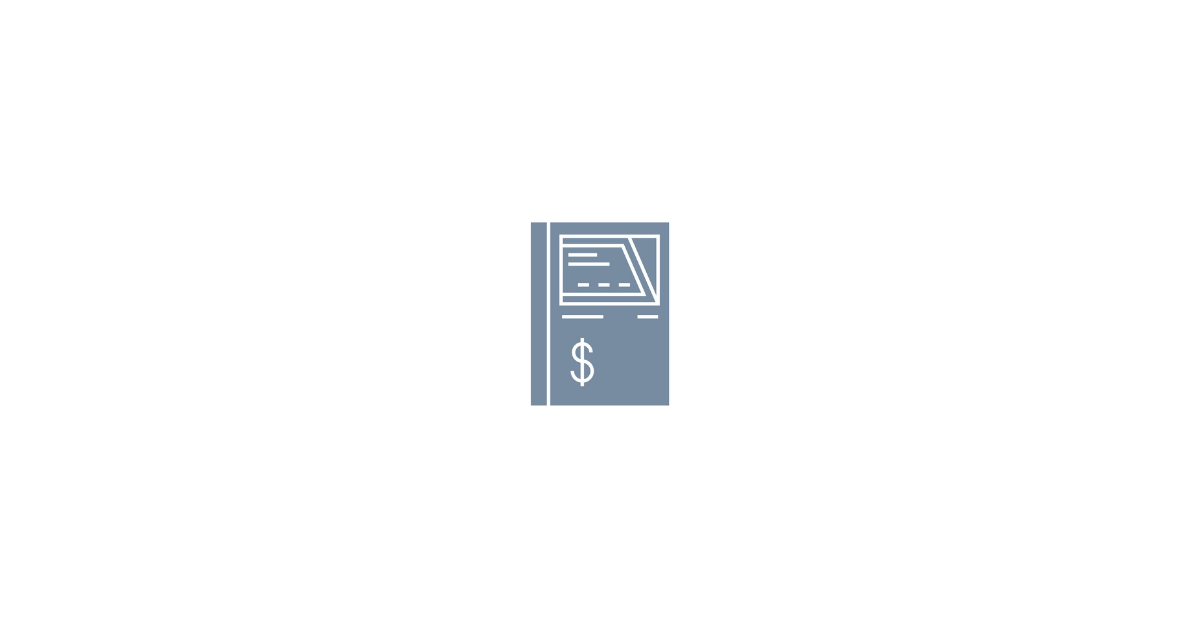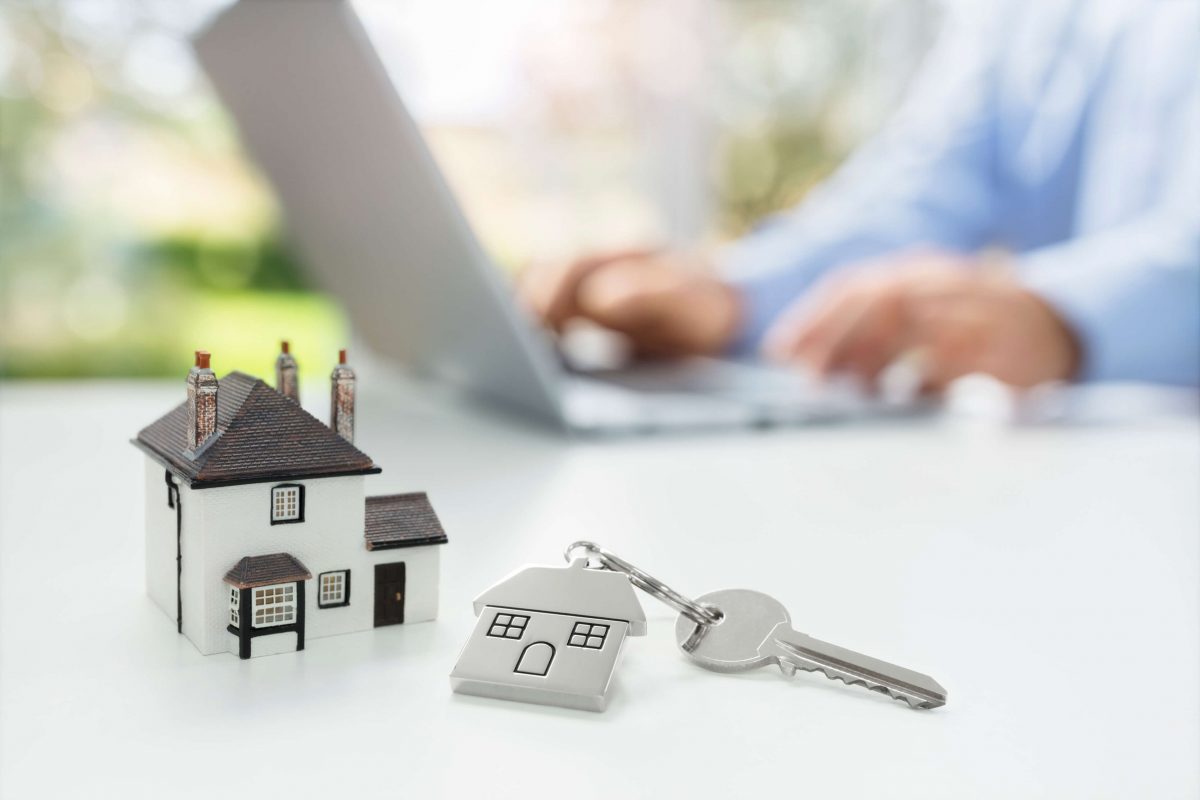Integrity, trust, and a personal touch for all
of your banking needs.
Estatement
Access your account statements quickly, safely, and securely with eStatements from Guaranty Bank.
Lost Card
Need to cancel a card and request a replacement? We’re here to help.
Reorder Personal Checks
Restock or customize your high-security checks.
Identity Protection
With IDProtect®, rest assured that you and your joint account holders are covered.
Apply For Credit Card
To apply for a credit card, visit your nearest Guaranty Bank.
ITM
We love bringing you the latest and greatest in technology – meet the Interactive Teller Machine (ITM).
Grow your community and your wallet!
Refer your family and friends to Guaranty Bank and you can both receive $50!


With you every step of the way
Running a business is tough work. Managing cashflow, day-to-day costs, inventory, equipment, and more requires in-depth planning and a partner who knows how to get going when the going gets tough.
Our business is your business. We can help. Grow your business with Guaranty.














